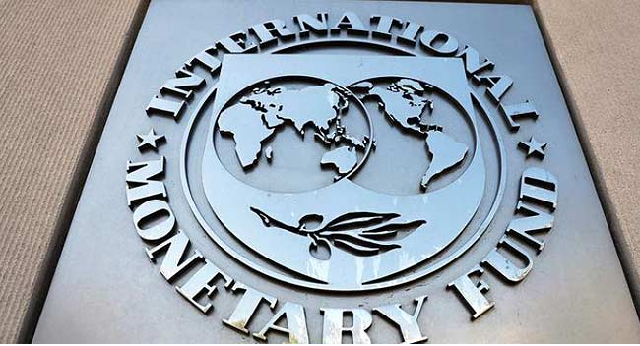The International Monetary Fund (IMF) has advised Nigeria and other countries to take decisive policy decisions in order to maintain price stability in the face of rising inflationary pressures.
According to the Bretton Woods Institution, Nigeria’s inflation rate will moderate to 19 percent this year and drop to 17 percent in 2023, reflecting the Central Bank of Nigeria’s (CBN) monetary policy actions.
The institution announced this on Tuesday at its headquarters in Washington, D.C., during the release of the October 2022 Global Financial Stability report, “Financial Stability in the New High-Inflation Environment.”
According to the IMF, central banks must act decisively to return inflation to target and avoid a de-anchoring of inflation expectations, which would harm their credibility.
It also stated that the global economic outlook had significantly deteriorated since the April 2022 Global Financial Stability Report (GFSR).
“A number of downside risks have crystallised, including higher-than-anticipated inflationary pressures, a worse-than-expected slowdown in China on the back of COVID-19 outbreaks and lockdowns, and additional spillovers from Russia’s invasion of Ukraine.
“As a result, the slowdown of the global economy has intensified,” the report said.
“Clear communication about policy decisions, commitment to price stability, and the need for further tightening will be crucial to preserve credibility and avoid market volatility,” IMF added.
“Exchange rate flexibility helps countries adjust to the differential pace of monetary policy tightening across countries.
“In cases where exchange rate movements impede the central bank’s monetary transmission mechanism and/or generate broader financial stability risks, foreign exchange intervention can be deployed.
“Such interventions should be part of an integrated approach to addressing vulnerabilities as laid out in the IMF’s Integrated Policy Framework.
“Emerging and frontier markets should reduce debt risk through early engagement with creditors, multilateral cooperation, and international support. For those in distress, bilateral and private sector creditors should coordinate on preemptive restructuring to avoid costly defaults and prolonged loss of market access. Where applicable, the group of Twenty Common Framework should be used.”
Despite the unusually difficult financial stability environment, the IMF advised Nigeria and other countries to strike a “balance between containing these potential threats and avoiding an orderly tightening of financial conditions.”
The IMF’s economic counsellor and director of research, Pierre-Olivier Gourinchas, said at a press conference that the rapid rise in prices, particularly for food, is causing major problems for global economies, including Nigeria.
With this development, Gourinchas believes central banks can use unconventional policy to steer monetary policy.
“Well, our advice, in general, is that central banks should first off with traditional instruments of monetary policy and as you want to think about non-conventional instruments then you should think about what friction that is preventing the conventional monetary policy from working would require a country or a central bank to deploy alternative ways of, of charting a course for monetary policy,” he said.













